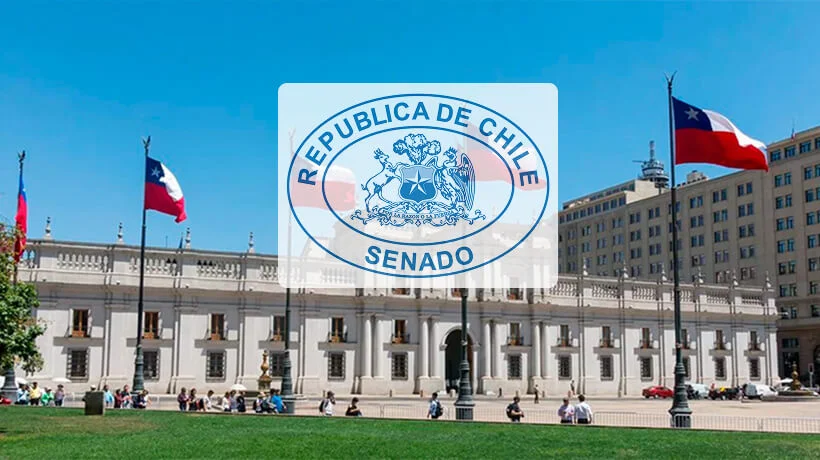The Chilean Senate approved the online betting regulation bill by 27 votes to 3, with five abstentions. The proposal had already passed unanimously through the national Finance Commission before reaching the full Senate vote.
Finance Minister Mario Marcel has been a key advocate for the legislation. He argues the bill addresses “a fast-expanding activity operating outside the law, without paying taxes or following regulations.”
Subsecretary Heidi Berner also backed the measure, stressing its role in combating money laundering risks.
Why Chile needs gambling regulation
Illegal betting platforms currently operate without any oversight or tax contributions. This creates unfair competition against legal gambling activities like lottery and horseracing that do pay taxes and follow rules.
The government wants to protect players, especially minors, while increasing transparency around betting revenues. Marcel pointed out that unregulated operators avoid both tax obligations and consumer protection requirements.
Money laundering presents another major concern. Unregulated platforms can facilitate financial crimes without proper oversight or reporting requirements.
What the bill actually does
Licensed operators would face a 20% specific tax under the new framework. An additional 1% gets earmarked specifically for responsible gaming initiatives.
The legislation creates a National Responsible Betting Policy with strict advertising rules. It bans betting by individuals who can directly influence match outcomes.
Sports funding gets a boost through an annual 2% levy on gross sports betting revenue. This money goes directly to the National Sports Institute.
Enforcement mechanisms target illegal gambling through payment blocking and website access restrictions. Platforms that operated illegally before applying for licenses face additional restrictions.
The bill requires all platforms to register as companies in Chile. They’ll operate under supervision from the country’s Superintendence of Casinos, Betting and Gaming.
How the legislative process moves forward
The Senate’s joint Economic and Finance Committees will now examine the bill in detail. Lawmakers have until the end of September to submit amendments.
This committee review phase lets senators dig into specific provisions and make targeted changes. The September deadline keeps the process moving at a reasonable pace.
Berner noted that requiring company registration in Chile gives regulators proper oversight tools. The Superintendence of Casinos, Betting and Gaming already has experience regulating other forms of gambling.
Chilean authorities have been preparing for this shift by receiving training on casino law enforcement against illegal gambling operations.
The bill represents Chile’s attempt to bring online betting into the regulated economy while maintaining strong consumer protections and generating tax revenue for sports development.







